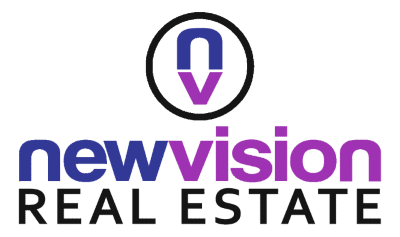When starting your search for your next rental property, it is essential to keep in mind the associated expenses and budget accordingly, both for moving and ongoing expenses.
Be smart about your rental payment and bond
To begin with, you should factor in the rental payment and bond. Property managers will evaluate your income and affordability before accepting your rental application. Generally, your gross income should be within 30-35% of the weekly rent. You should use this as a benchmark to ensure that you stay within your budget and do not exceed your financial limits. Additionally, you will have to pay a bond equivalent to four weeks’ rent to the bond authority before you can move in. This payment should be considered when considering your ideal rental property.
Be smart about relocation costs
Moving expenses such as hiring removalists and cleaners should also be taken into account. Contacting multiple removalists for a quote can help with planning and avoiding any unexpected expenses. Moving costs can quickly add up, so it’s always better to be prepared. Professional cleaners, carpet cleaners, and tradespeople can also be employed to reduce the stress of moving out and expedite the return of your bond.
Be smart about consumption costs
Apart from moving costs, you should also budget for ongoing expenses, such as electiricy, gas and water usage. Though it may be difficult to budget for these expenses initially, you can use the costs from your previous home or ask energy companies for an estimate based on the property’s size and occupants. After the first month or quarter, you’ll have a clearer idea of what to expect. Additionally, clarifying with the Property Manager or Owner whether electricity, gas, or water is included in the rental price is crucial to avoid confusion and ensure that you understand your obligations.
Be smart about your internet connection
Connecting to the internet is another expense you should consider. After moving in, you may want to set up an internet connection. The NBN Co website can help you determine the type of connection available at the property, and you can then research plans from various providers to find the best option for you.
Be smart about insurance
Finally, it’s important to note that while the owner may have insurance for the building, your belongings are not covered under their policy. You should look into renter insurance, which is an affordable way to protect your belongings from any incidents or accidents that may occur during your tenancy. Many companies offer renter insurance, so you can compare and find the best option for you.
Our office can get you in contact with our preferred providers, so make sure you ask how we can help you when you’re looking for your next rental property.

